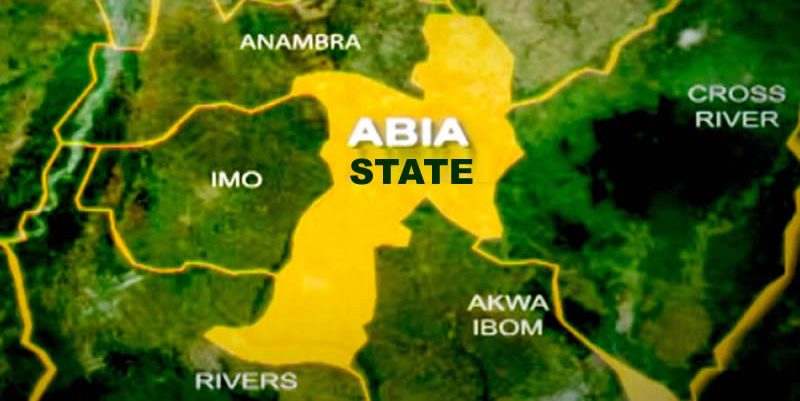Nigeria’s quest to confront what is a spiraling crisis in the education sector was always going to be an uphill task without government commitment and adequate political will. As the chief funder and operator of the education sector, the government’s input and priority list showing where education fits is a pointer to the achievements and expectations in the sector.
In its bid to boost education in the state, the Abia State government has declared that education will be free from primary to junior secondary school levels.
According to Okey Kanu, who is the state commissioner for education, education from primary school to junior secondary school will be free and compulsory throughout the state, and parents and guardians who deny their wards the opportunities under new policy will be prosecuted under the Abia State Child Rights Law of 2006.
For years now, the rising number of Nigeria’s out-of-school children has become simply frightening. The numbers which are especially high in the North point to more profound problems in the country while promising future problems.
As insecurity has debuted on the scene to complicate Nigeria’s convoluted difficulties with poverty, the many groups hounding Nigeria from all sides have found an inexhaustible pool of conscripts in Nigeria’s unemployed, and out-of-school children. This has proven a slippery slope as Nigeria has rallied to confront what is a burgeoning concern.
When children stay out of school, enormous resources are wasted instead of saved. A country that allows many children to stay out of school is a country wasting away its future and promise.
Prosecuting parents and guardians will be a disincentive for those who see their children only as more mouths to feed and more hands for the farm.
But beyond what the government wants, and what it is prepared to do to get what it wants, there must be a sustainable path to economic prosperity. Parents ordinarily want their children to have the best life. Having the best life is impossible without quality education.
Quality education has always been expensive but crucial to a fulfilled life, which is why developed countries invest resources into making quality education available and accessible to everyone. By subsidizing education, those who desire it are able to access it.
The truth, however, is that no parent can fully focus on the business of providing quality education to their children if they are crushed by the burden of providing food, shelter as well as healthcare for their children.
The more prosperous a society becomes, the likelier it is to provide quality education for its children. In turn, quality education feeds economic prosperity and advancement, as no society can grow without enlightened citizens.
It is clear that giant strides are being made in Abia State by a governor who mustered the support of the people during the last election to demolish a decades-long hegemony on power by a political that had reduced ‘God’s own state’ to a laughingstock.
A country that doesn’t pay attention to the education of its children is one which digs its grave with its hands. It is only a matter of time.
Ike Willie-Nwobu,



